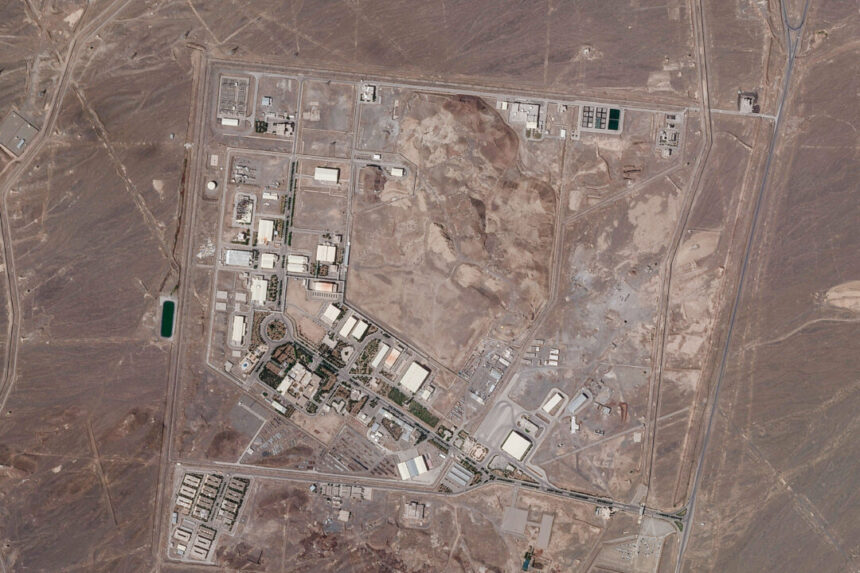Israel should carefully consider its actions before bombing Iran’s nuclear facilities, according to a former deputy director general of the International Atomic Energy Agency.
As the conflict between Israel and Iran escalates, questions arise about Iran’s nuclear capabilities and intentions. Despite denying efforts to build nuclear weapons, evidence suggests otherwise.
The Epoch Times interviewed Ollie Heinonen, a former deputy director general of the IAEA, and Shahin Gobadi, a key figure in the Iranian opposition, to discuss Iran’s nuclear program.
CIA Director William Burns stated that there is no evidence of Iran reversing its decision to suspend its nuclear weapons program in 2003.
However, the National Council of Resistance of Iran alleges that Iran has been deceitful about its nuclear ambitions for decades.
Gobadi, a member of the NCRI, claimed that Iran has been pursuing nuclear weapons since the 1980s and sees them as crucial for its regime’s survival.
Nuclear Ambitions
Gobadi emphasized that Iran’s nuclear program’s main objective is to acquire nuclear weapons, repurposing civilian equipment for military purposes.
Heinonen highlighted the complexities of weaponizing uranium and the need for delivery systems, suggesting that Iran could potentially produce multiple nuclear warheads.
Potential Threat
Heinonen warned that Iran could create nuclear warheads comparable to those used in Hiroshima, posing a significant risk. Despite possessing long-range missiles, Iran may still be months away from developing a functional nuclear warhead.
Heinonen stressed the importance of monitoring Iran’s nuclear activities and urged caution in dealing with the escalating tensions between Israel and Iran.
Jack Guez/AFP/Getty Images
He said nuclear weapons have three components: the fissionable material, the warhead, and the missile to deliver it. The director general of the IAEA, Rafael Grossi, stated that Iran had continued to enrich uranium beyond what is necessary for commercial use. However, there are challenges in making the actual components of the weapon.
The NCRI has whistleblowers in Iran who have provided evidence of the regime’s pursuit of a nuclear weapons project. The organization has published this information on its website. In 2010, Frank Pabian confirmed the accuracy of the NCRI’s information.
The secret nuclear weapons program in Iran has operated under various names and has been hidden from the IAEA. The NCRI exposed a secret site in Tehran related to the nuclear weaponization project in 2003.
If Iran were to target Israel with a missile strike, Israeli Prime Minister Benjamin Netanyahu might consider striking the Natanz nuclear enrichment complex. However, the consequences and risks of such actions need to be carefully considered.
The Iranian regime has been preparing to reveal its nuclear weapons program, with some officials calling for a change in defense doctrine to include nuclear weapons.
Trump’s plan to impose full economic sanctions on Iran was thwarted by Biden in 2021. If Trump returns to office, he may push for action against Iran through the UN.
The NCRI sees Iran’s nuclear program as a grave threat to the Iranian people and is calling for international action to address it. The organization believes that overthrowing the regime is the ultimate solution to the nuclear threat.
Iran denies having a nuclear weapons program.
Iranian Foreign Minister Abbas Araghchi recently spoke to a group of ambassadors in Tehran regarding the Israeli attack over the weekend. In his statement, Araghchi emphasized Iran’s readiness to defend its sovereignty, territorial integrity, and national security against any form of aggression. He also highlighted the Iranian nation’s commitment to establishing peace in the region and fostering constructive interactions with neighboring countries.





